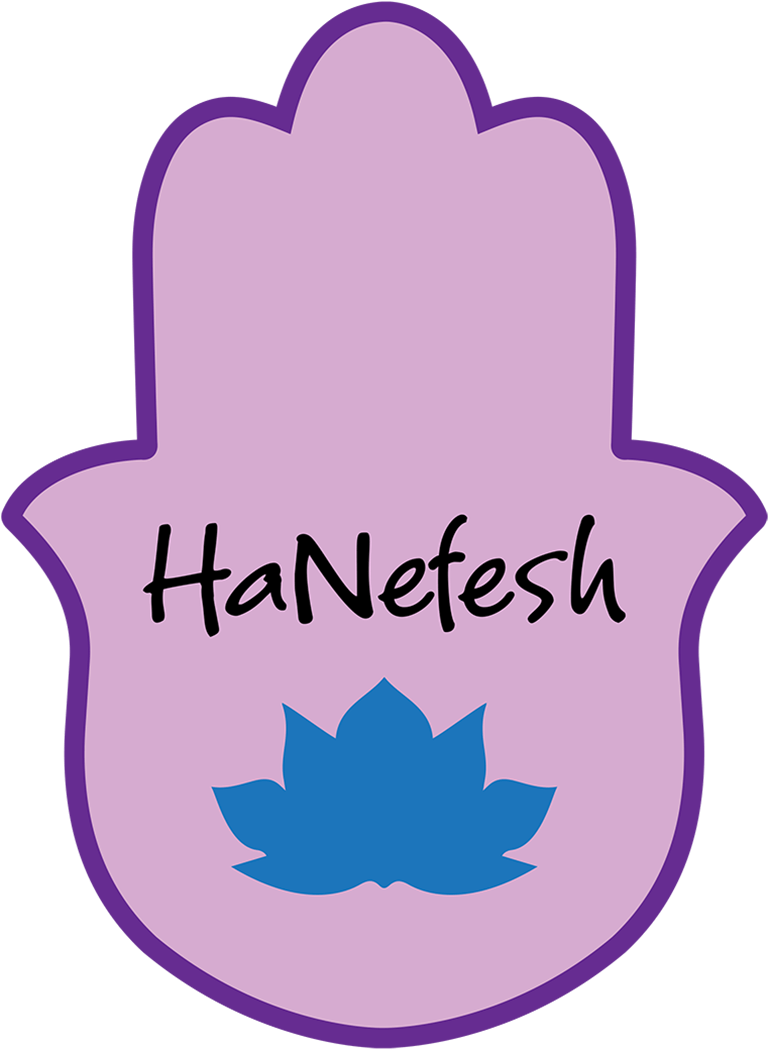Judaism exists because of freedom. Our text says often, ‘remember that you were slaves in Egypt and the Eternal freed you.’
Shortly after our leaving Egypt and being free, we were given the responsibility of Torah and the 613 commandments. Our Jewish journey began here with learning the commandments and integrating them into our new freed lives. And that journey includes studying and challenging our text so that we might live by the ethical teachings of our traditions and life.
Our commandments are there to be a guide in our lives. Yes, we have the freedom to either accept or reject, we are autonomous in that way.
The debate about freedom goes in so many directions. From teens whose freedom is challenging their parents about what they can and can’t do. What time to be home or how to leave their room. To the freedom we have as adults in how we choose to be active citizens in our country and world. And understanding that every one of our actions can and do have an impact on others.
We have the ability to act on and shape history. But freedom has not always been simple. There have been tyrants throughout our entire Jewish history, over 3000 years, in which their goal was to challenge our existence and rule with an iron first and establish laws regarding how they believed the world should exist, suppressing and coercing others into living and doing what the leader wants and demands of them. From Amalek, to the kings of the lands the Israelites traveled through, to leaders throughout modern history, such as Stalin, Hitler, and others. Those wanting to define what freedom means through their eyes and who is deserving of it.
There is creative freedom, allowing each individual to create their own interpretations of how to live and contribute to the world. However, each individual’s freedom not only affects them, but also those around them. One action by one person can create change and challenges for those around them or even those who they do not know.
Andres Spokoiny says: “That liberation indeed freed the enormous creative potential of the individual and allowed for the incredible progress that we have seen in the past few centuries. But the problem with that vision is that it sees freedom as purely an individual matter. Anything that impinges on individual freedom is bad by definition and everything that removes barriers from the individual is good. In that context, my social obligations, my concern for the wellbeing of others, are unnecessary limitations. When that idea is taken to its extreme—when the “greed is good” philosophy is fully unleashed—there can’t be any limit for the individual to exert his powers. The “world of right” then becomes the “world of might”. Following this logic, one can even defend slavery in the name of freedom; the “freedom” to hold slaves was once a rallying cry for a major segment of the U.S., and hundreds of thousands were ready to fight and die for that “freedom”.”
Today, we see the freedom we know being challenged. And just as the argument to hold slaves vs the call for the emancipation of slaves in the south brought about the civil war, we have to wonder if we are on the precipice of another type of civil war? Our country is so divided right now and we ask, what is the breaking point?
Judaism teaches that there is a balance between four players: me, my fellow human beings, society and God. “a delicate equilibrium between my freedom and yours; between freedom from (the lifting of constraints) and freedom to (the capacity to work towards a goal beyond myself); between freedom as an end in itself and freedom as the foundation of a collective project.”
Judaism believes strongly in freedom of the individual, even before the United States came into being and the call for freedom. We teach that each person is created b’tzelem Elohim, in the image of the Divine, and therefore, there are rights for freedom inherent in this tradition. If one person is not free, then really, no one is free. The issues of Reproductive Rights or Prayer in Schools, where it is hard for a student, especially our youngest students to “opt out” of a prayer that the teacher insists they participate in, or the freedom for our students and teachers to not feel like they are risking their lives when they go to school, do not only affect women or students and teachers; these freedoms affect us all.
Judaism understood that true freedom is not the absence of bondage, but the presence of justice and purpose. Martin Luther King, Jr. paraphrased the prophets when he wrote that “We are caught in an inescapable network of mutuality, tied in a single garment of destiny. Whatever affects one directly, affects all indirectly”.
Freedom has a higher purpose – not to just serve us, the individual, but rather all of those around us as well.
We taught our 3-5 grade students this year about achrayut, responsibility. The root of that word is “acher” other. Only when we understand that we have a responsibility to the other can we achieve true freedom. We cannot be so focused on only our needs, but rather, we have to focus on our needs AND the needs of others if we want to achieve true freedom. It is the balance of me and my fellow humans.
This Fourth of July, as we are all wrestling with the state of our country and our world, as we continue to fight for freedom, equality and compassion for all, may we continue to balance the needs of the self and the needs of others. May our passions for the issues that are before us not drive us toward hate but rather toward working for bringing together people. May we recognize that the founders of our great country had a vision that all people are created equal (well the woman part took some time) and deserve autonomy to live their best ethical life. There is a brokenness in our world that is challenging us at this very moment. But together, taking what Judaism has taught us and given to us, even 3000 years later, we can return the balance of freedom and peace for all.
Amen
[/et_pb_text][/et_pb_column][/et_pb_row][/et_pb_section]


